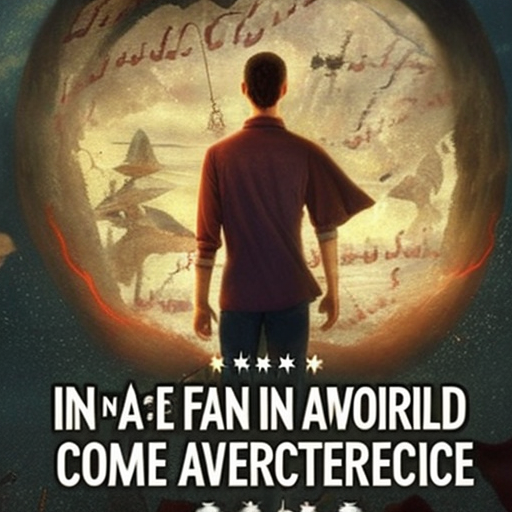Fan Fiction: Exploring the Creative World of Fan-Made Stories
Fan fiction, often abbreviated as fanfic, refers to a form of creative writing where fans of a particular work of fiction, such as a book, movie, TV show, or video game, create their own stories using the characters, settings, and themes from the original work. These fan-made stories can range from short snippets to full-length novels and can be found in various genres and styles. Fan fiction has gained significant popularity and has become a thriving community where fans can express their creativity and share their love for their favorite works.
The Origins and Evolution of Fan Fiction
Fan fiction has a long history, with its roots dating back to the 18th century when fans of the novel “Pamela” by Samuel Richardson wrote alternative endings and sequels. However, it wasn’t until the rise of the internet in the late 20th century that fan fiction truly began to flourish. Online platforms and forums provided fans with a space to share their stories and connect with fellow enthusiasts.
Over the years, fan fiction has evolved and diversified. It has expanded beyond traditional written stories to include other forms of media, such as fan-made videos, artwork, and even music. The advent of social media platforms and dedicated fan fiction websites has further facilitated the growth of this creative community.
The Appeal and Benefits of Fan Fiction
Fan fiction offers several benefits to both writers and readers. For writers, it provides an opportunity to engage with their favorite fictional worlds, explore different scenarios, and experiment with storytelling techniques. It allows them to develop their writing skills, receive feedback from fellow fans, and build a supportive community.
Readers, on the other hand, can enjoy an abundance of new content that expands upon the original work. Fan fiction often explores character relationships, delves into unexplored plotlines, and offers alternative interpretations. It allows fans to immerse themselves in the fictional universe they love and provides a sense of ownership and participation.
The Legal and Ethical Considerations
Fan fiction exists in a legal gray area. While it is technically a form of copyright infringement, many creators and rights holders turn a blind eye to fan fiction as long as it remains non-commercial and does not harm the original work’s reputation. However, there have been instances where legal action has been taken against fan fiction creators, leading to debates about the boundaries of creativity and intellectual property.
Ethically, fan fiction raises questions about the ownership of characters and the boundaries of creative interpretation. Some argue that fan fiction is a transformative work that adds value to the original, while others believe it infringes upon the creator’s rights and artistic vision. These debates continue to shape the fan fiction community and its relationship with the mainstream media industry.
The Diversity and Impact of Fan Fiction
Fan fiction has become a platform for marginalized voices and underrepresented communities to tell their own stories. It provides an avenue for exploring diverse perspectives, identities, and relationships that may be lacking in mainstream media. Fan fiction communities often prioritize inclusivity, creating safe spaces for fans to express themselves and find representation.
Furthermore, fan fiction has had a significant impact on popular culture. It has influenced the development of fan theories, shaped the perception of characters and relationships, and even influenced the direction of official works. Some creators and industry professionals actively engage with fan fiction, acknowledging its role in shaping fandom and embracing the creativity it brings.
In conclusion, fan fiction is a vibrant and creative community that allows fans to explore and expand upon their favorite fictional worlds. It has a rich history, offers numerous benefits to both writers and readers, and raises important legal and ethical considerations. Fan fiction has become a powerful force in popular culture, providing a platform for diverse voices and shaping the way fans engage with their beloved works of fiction.












